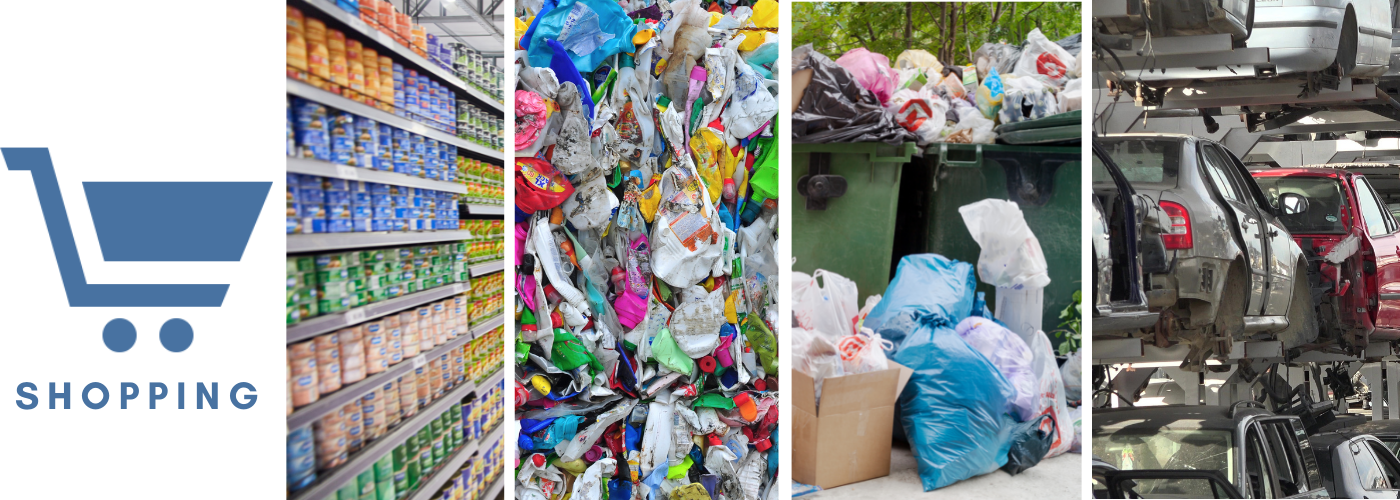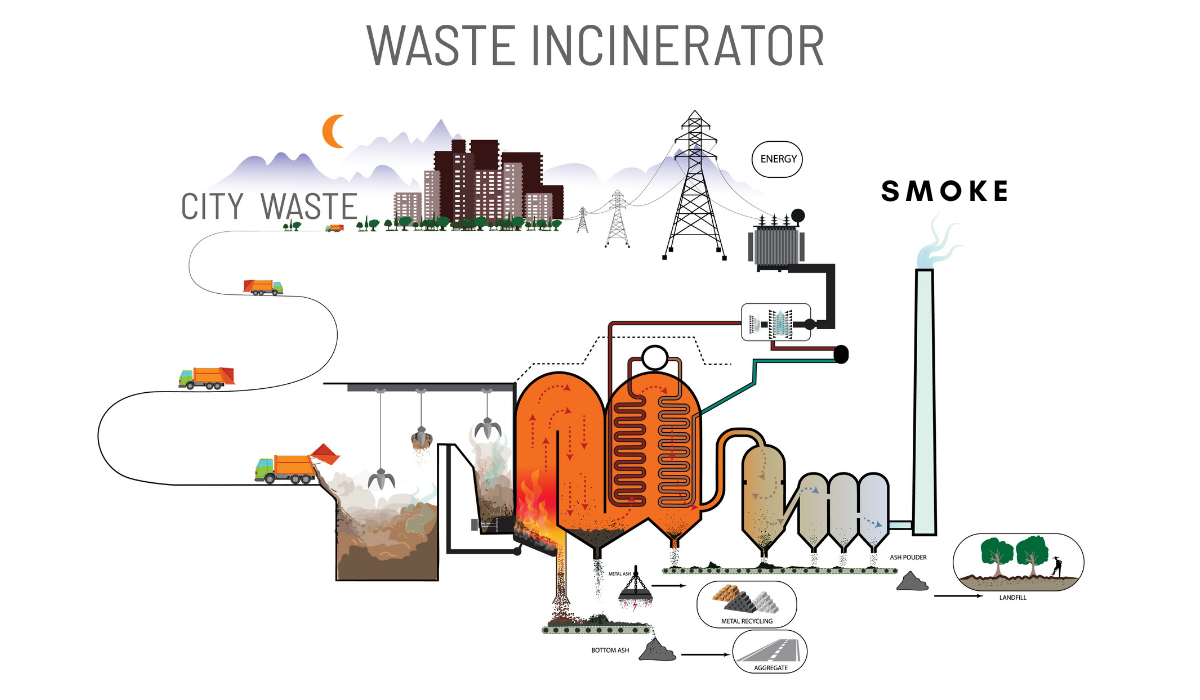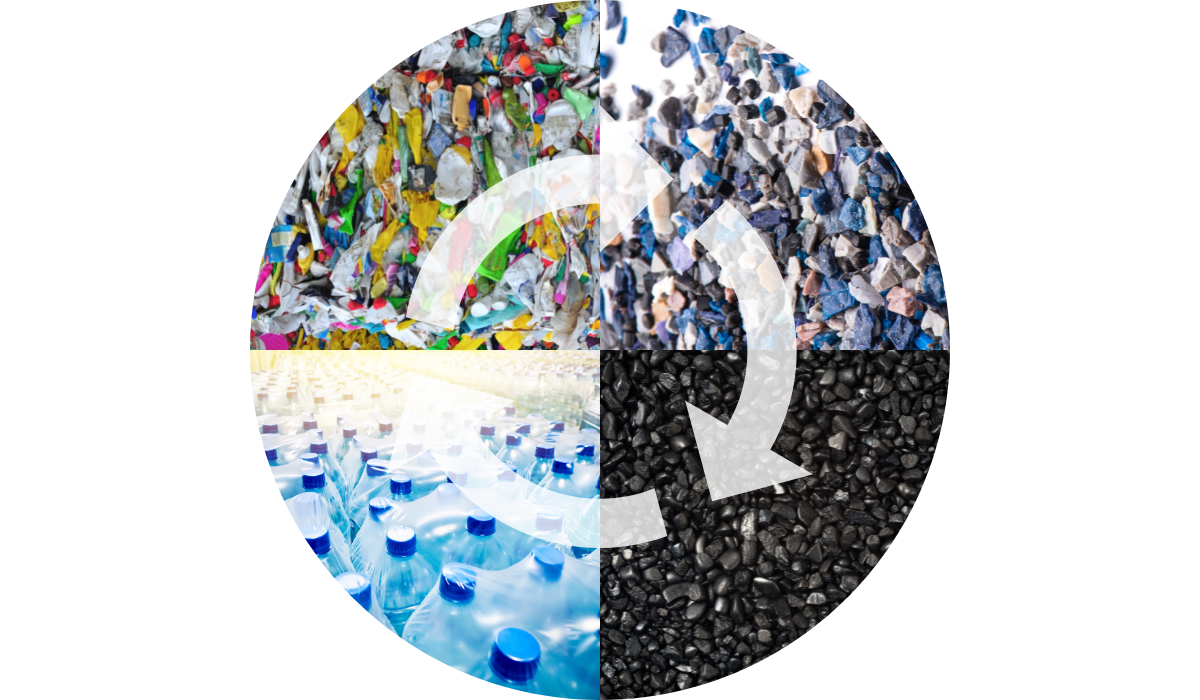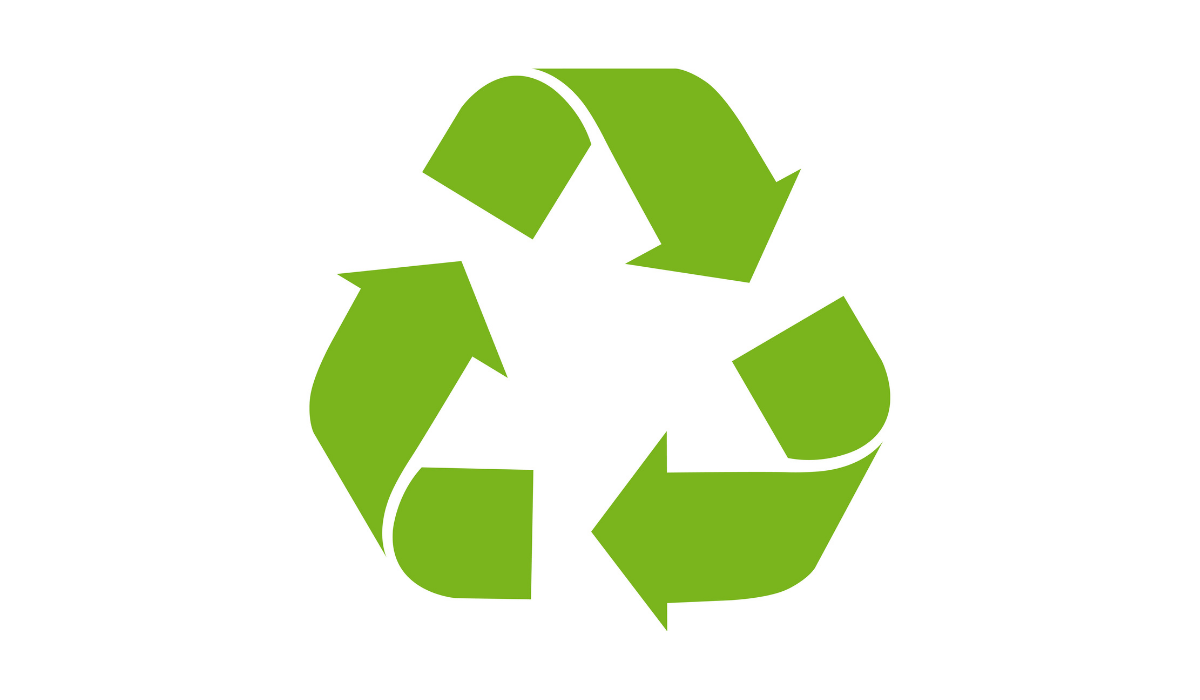Circular economy?
Not really, right?

Mechanical-biological waste treatment plants (MBT) are for many municipalities nationally and internationally the point of contact for the waste generated by their citizens. After pre-sorting by the MBA, the further use is determined here. This is then usually defined in the form of total destruction without looking again at possible uses.
From here on, the Recycling Management Act has the option of allowing the recyclable plastics contained in municipal waste to “end of their waste property”.

Incineration plants can only incinerate incompletely. The oxidation is also incomplete, i.e. numerous organohalogen poisons are released – in addition to chlorinated ones, also to brominated, fluorinated and mixed halogenated dioxins / furans. The energy yield from thermal utilization is only a meager 30-40%.
The emission of dioxins, heavy metals, fine dust etc. poses health risks that range from an increased risk of cancer to breathing problems, heart disease, damage to the immune system and allergic reactions to congenital anomalies. A waste incineration plant can be compared to a huge reactor in which tens of thousands of different chemicals end up. It is technically impossible to control all connections created there! From this whole cocktail of pollutants, the regulatory authorities only measure around 15 pollutants; there are only limit values for many substances that have been proven to be harmful. There can be no filter technology that filters the 10 to 26-28 reaction products of radical and radical chain reactions formed per second in the flue gas in a “non-toxic” manner.
(Contents taken from study publications on the installation of a waste incineration plant in Trostberg and Schelklingen. The construction and thus the installation was prevented by popular petitions.)
Plastic recycling from municipal waste can also mean avoiding waste.

So that it becomes a circle…
…and stays
In the past five years, 25 new MBT systems have been built in Europe. On average, an annual capacity of around 2.2 million tons was put into operation. A total of around 570 MBT systems were in operation in Europe at the beginning of 2017. Diese verfügen über eine Behandlungskapazität von 55 Mio Tonnen Abfall. (the information was taken from the Ecoprog study from 2017).
Exporting environmental protection is also suggested by the Fraunhofer ISI report commissioned by the Federal Environment Agency: Environmental Innovations Made in Germany: What Contribution Can Be Made to Achieving the Sustainable Development Goals?

